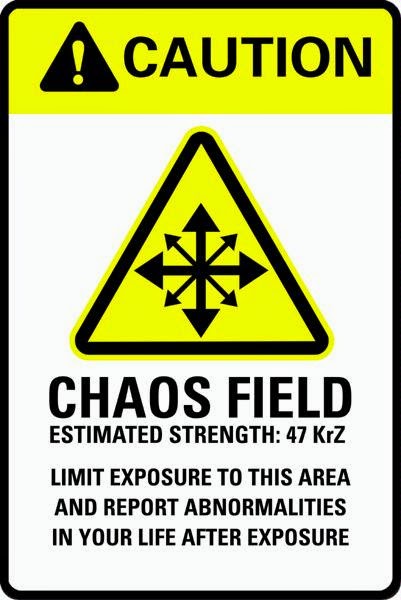I was paging through the Chaos Marine codex and something
struck me. It’s been gnawing at me for a
while and I finally realized what it was a few days ago. I think it’s a strong indication of why this
codex—and the one before it—have been sort of lacking.
If I could, I'd like to bounce a storytelling idea off
you. And the best example of it would be
Magneto, the X-Men’s recurring nemesis.
I think he makes for a great parallel.
If you aren't a big X-Men fan, Professor X and Magneto used to be
allies. They were friends who shared the
same beliefs and goals. But at some
point, Magneto decided he needed to follow a different, more extreme path. He became the villain of the series, and the
arch-enemy of the X-Men.
So....why did Magneto decide to become a villain?
Well, that’s the interesting point. He didn’t.
Magneto decided everyone else was doing things wrong and that he was
going to start doing them right.
In his mind, Magneto is the hero while Professor X and his students are
a bunch of well-meaning idiots who keep getting in the way. Most good villains have this viewpoint. They think they’re the good guy. Look at any war in history. Both sides believe they’re in the right, and
it’s only afterwards that one gets declared “the villain.”
And this is true of the world of Warhammer 40,000, too. Read any of the assorted Space Marine codexes
and they'll tell you how they're humanity’s glorious protectors, retaking the
stars in the name of the Emperor of Mankind.
But in the Tau codex, the members of the Tau Empire are the heroes,
bringing a bold vision of peace and unity to the galaxy. Same with the Eldar, the Orks... heck, even
the Necrons come across as the heroes in their own Codex. They're the original rulers of the galaxy,
returned to reclaim what is rightfully, logically theirs from the immature
races. No matter what army I choose to
play, I'm playing on the side of the heroes of the story.
Except...
Take another look at the Chaos Marine Codex. Check out the language of the book. Really consider the words and phrases and how
they’re used.
Look all the different events and stories on the timeline
(pages 22-25). These aren't tales of
Chaos winning... they’re tales of the Imperium losing. The codex doesn't talk about the Chaos Marines versus the servants
of the False Emperor. It’s all about the
Imperium versus assorted traitors. The
story of the Abyssal Crusade is fantastic, but it’s not a story about Space
Marines switching loyalties to Chaos. It’s
the story of how Konvak Lann and the Vorpal Swords survived, were vindicated,
and then exposed and killed the corrupt Saint Basillius.
Consider the descriptions for different entries. Sorcerers.
Daemon Princes. Chaos Marines.
Cultists. Spawn. Heldrakes.
All of these make the point of saying (one way or another) that turning
to Chaos is a mistake. That these
characters are doomed because of their poor choices. Even the entry for Abaddon himself is slanted
toward the Imperium and makes him out to be the great villain. His own rulebook sees him as being on the
wrong side.
Codex Chaos Marines is written under the assumption that the
Chaos Marines are the bad guys. It
assumes they deserve to be punished. Every
bit of fluff is done from the point of view that the Imperials are the heroes. It actually tells Chaos players that following
the Powers is seen as a sign of weakness and inevitable failure. And the rules reflect that.
Compare this to the old 4th edition codex, the one that
still gets songs of praise from Chaos players. The various stories are about the great Chaos
victories. The rise of mighty Daemon
Princes and successes against the misguided fools who worship the corpse god. This book is all about Marines who saw the
light (so to speak) and decided to stop following the False Emperor.
Remember that phrase?
Death to the False Emperor.
Try to find it in the new book.
It’s mentioned in passing on page three, in the introduction, and then
never comes up again. Nothing even close
to it.
Because if it did, the Chaos Marines might look like the
heroes.














